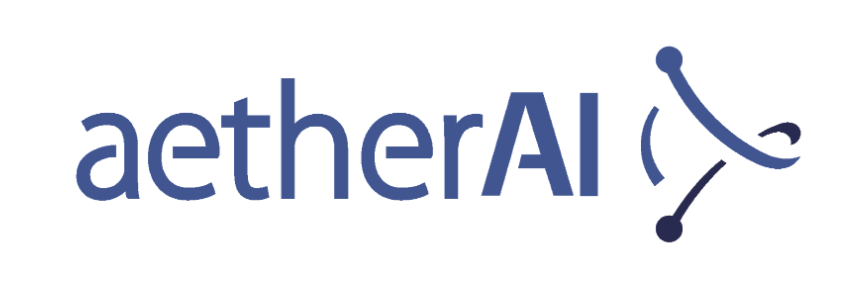aetherAI AI-assisted lymph node assessment workflow for detection improvement published to shorten 30% review time
 aetherAI has designed an AI-assisted lymph node assessment workflow and revealed the improvement of micrometastasis identification sensitivity from 81% to 95%.
aetherAI has designed an AI-assisted lymph node assessment workflow and revealed the improvement of micrometastasis identification sensitivity from 81% to 95%.
TAIPEI, TAIWAN, September 15, 2022 /EINPresswire.com/ — aetherAI—Asia’s leading medical image AI solution provider—has designed an AI-assisted lymph node assessment workflow, validated with clinical experiments, and revealed the improvement of micrometastasis identification sensitivity from 81% to 95%. Based on the results of its clinical experiments, aetherAI GigaPixel algorithm accurately identified metastatic lymph nodes in gastric cancer (AUC, 0.99). A peer-reviewed journal, Nature Communications (Impact IF 2021: 17.69) has published the research. The full article can be accessed online here.
The development of AI applications has been the major driving force for digital transformation of pathology. The extreme resolution of whole slide images, however, posed grave challenges because there is limited memory on the compute accelerator. The typical workaround, the patch-based method, requires detailed annotation by pathologists, which makes the process extremely expensive and slow. aetherAI GigaPixel AI technology was developed to overcome this bottleneck by reducing the memory requirement during neural network computation, thereby allowing AI to be trained using entire undivided whole slide images. This results in dramatically improved throughput of pathology AI development.
“By reducing the need for detailed annotation, aetherAI GigaPixel technology is revolutionizing pathology AI development by training AI models in a more intuitive, economic, and clinically relevant manner,” said Joe Yeh, M.D., aetherAI founder and CEO. “Our research demonstrated the improvement of the pathologists’ review accuracy and decreased their time for review.” The review time per slide was shortened by around 30% on average. “In the near future, it’s expected to see the implementation of such AI-powered workflows in the real world to enhance the diagnosis quality,” Yeh emphasized.
The clinical experiments were conducted by using AI models trained on close to 6,000 high-resolution lymph node histopathology images and deployed into daily clinical workflow in Chang Gung Memorial Hospital Group. CGMH Group is the largest private hospital group in Taiwan. It has been partnering with aetherAI in creating pathology AI applications to improve diagnostic efficiency since its pathology department underwent digital transformation in 2019.
Abby Sung
aetherAI CO., LTD.
biz@aetherai.com
Visit us on social media:
Facebook
Twitter
LinkedIn
SOURCE: EIN News
































